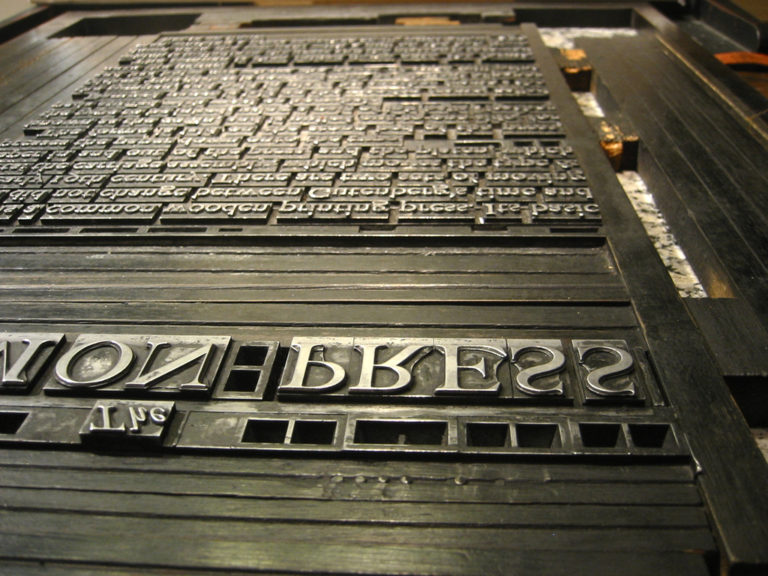Lawsuits Allege ‘Objector Blackmail’ in Class Action Litigation
“[T]he cacophony created by shoddy objections brought by bad-faith objectors,” the lawsuit states,” interferes with a court’s ability to fairly consider the reasoned good-faith objections brought by the Center.”








